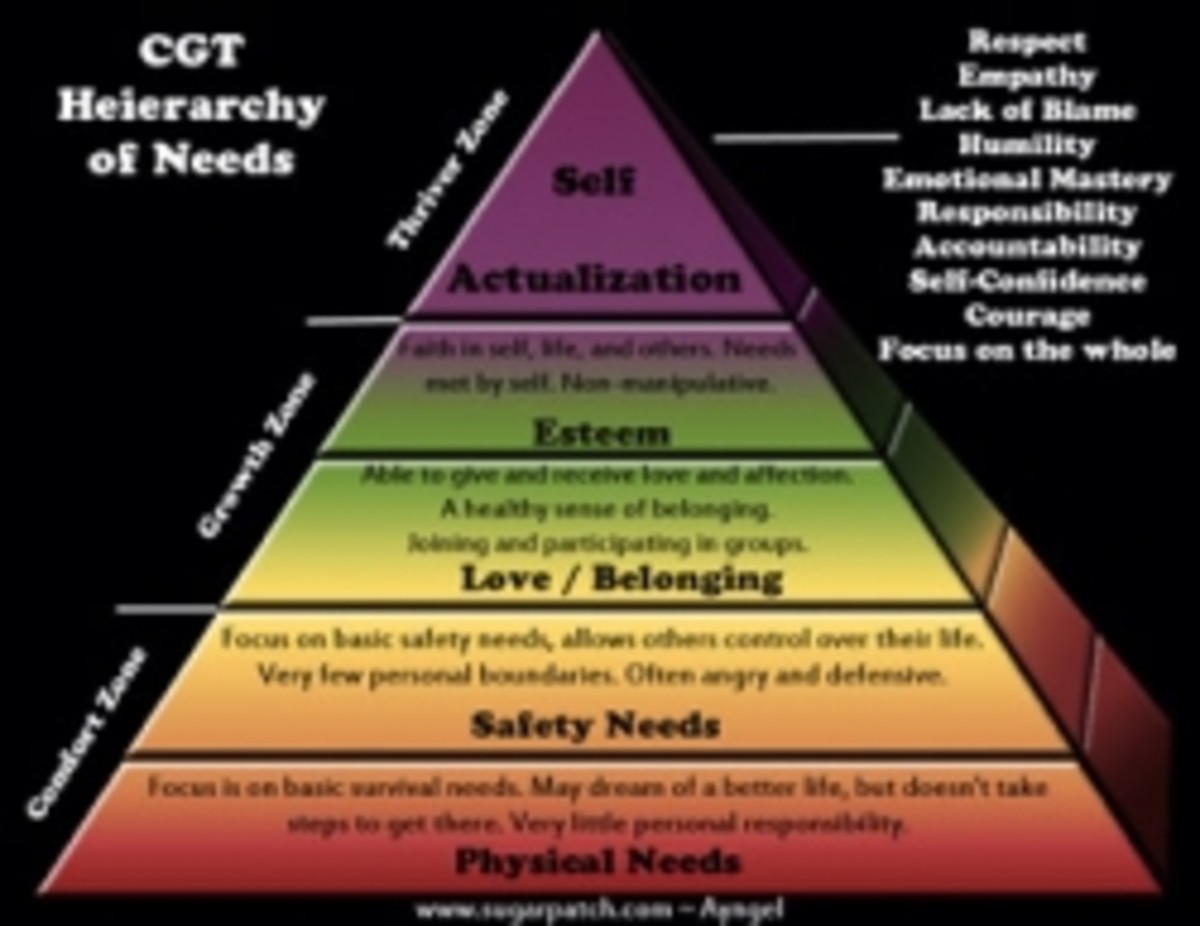Valium, Ativan and other benzos - 10 things you should know

The term benzodiazepines refers to a group of sedative drugs that were discovered in the 1960s. The most popular drugs of this type, along with their trade names, are shown in the following table.
The most common benzodiazepines
Chemical
| Trade name
|
|---|---|
Diazepam
| Valium
|
Chlordiazepoxide
| Librium
|
Nitrazepam
| Mogadon
|
Lorazepam
| Ativan
|
Temazepam
|
Listed below are ten key pieces of information about benzodiazepines (or “benzos” for short).
1. Benzos effectively reduce anxiety
These drugs produce general sedation. They have the same effect on everyone, irrespective of whether an anxiety disorder is present. Thus, taking this drug will reduce a person’s arousal level. If a person is anxious, the medication will induce relaxation. If calm, the drug will induce sleep. Unlike other groups of drugs (for example, anti-depressants and anti-psychotics) it is rarely claimed that benzos reverse a specific biochemical deficiency underlying anxiety disorders.

2. Benzos were over-prescribed in the 1960s & 1970s
In the 1950s, barbiturate drugs were often used for the treatment of insomnia and anxiety but they had important disadvantages: they were dangerous in overdose and patients easily became dependent on them. The emergence of the benzos in the early 1960s displaced the barbiturates and they were extensively dispensed as a safe and effective means of relaxing people. The benzos were typically prescribed over long periods of time and were disproportionately targeted at women.
3. Benzos are associated with problems of dependence
Many patients suffering anxiety disorders or insomnia used benzos continuously over many years. In the 1980s there was growing realization of the problem of physical dependence.
The body strives to maintain balance so, after a period of chemical sedation, the brain increases its arousal mechanisms in an attempt to compensate and higher doses of the drug are required to achieve the same effect. Consequently, stopping benzos after as little as several weeks’ continuous use can trigger a range of withdrawal symptoms including: anxiety, insomnia, muscle stiffness and irritability. Less often, unpleasant tactile feelings arise such as electric-shock sensations, tingling and numbness. Withdrawing from high doses after long periods of consumption may elicit epileptic seizures.
Given that some people find it extremely difficult to get off benzos, it is recommended that they should not be prescribed for longer than one month.
Dr. Heather Ashton on Diazepines
4. Benzos are relatively safe compared to other drugs
Benzos do not have an adverse effect on the heart, do not cause movement disorders and do not affect metabolism. As such they are safer than alcohol, barbiturates, anti-psychotics and opiates. They only cause dangerous levels of sedation at very high doses.

5. Benzos are often abused
As they can cause a sensation of euphoria and pleasure, benzos are often misused by people with addictions. It is commonplace for them to be used concurrently with heroin.
6. Benzos are used to sedate disturbed psychiatric patients
As they achieve a sedative effect within minutes, benzos are frequently used in acute in-patient units (sometimes in combination with other drugs) to calm highly agitated psychiatric patients. This process of sedating disturbed psychiatric patients is called “rapid tranquillization.” If benzos are deployed with agitated elderly patients there is an increased risk of falls.
7. Benzos increase the activity of GABA
GABA (full name gama-amino butyric acid) is a neurotransmitter that is found in all parts of the brain. A neurotransmitter is a chemical messenger that passes information between our millions of brain cells. The effect of GABA is to reduce brain activity. As benzos increase the action of GABA, the effect is to produce general sedation.
8. Benzos have varying half-lives
The half-life of a drug is the time taken for half of the drug to be eliminated from the body. Benzos have differing half-lives. The ones with shorter half-lives include lorazepam and temezapam and tend to be used to induce sleep, their speedier elimination from the body mitigating against next-day drowsiness. In contrast, longer acting benzos such as diazepam are typically prescribed to reduce anxiety.
Short-acting benzos, as a result of their rapid expulsion, are prone to produce harsher withdrawal symptoms.
9. Benzos impair judgement
In common with all drugs that produce sedation (alcohol, anti-psychotics, and anti-depressants) benzos can impair judgement and may make driving, or the operation of machinery, hazardous. At higher doses confusion and slurring of speech may occur.
10. Benzos can control epileptic seizures
Their general dampening effect upon the central nervous system has led to benzos sometimes being used with epilepsy sufferers. In particular, they can be of therapeutic value when a person is suffering continuous, unrelenting epileptic fits (a serious condition known as status epilepticus). Lorazepam and diazepam are most commonly used for this purpose.
Concluding comments
Over the last two decades, doctors have shown increasing caution in their prescribing of benzos. Given the risk of dependence such reticence is appropriate, psychological interventions being rightly considered the first-line treatment option and benzos viewed as a short-term, last resort.
While accepting the addictive pitfalls of the benzos, these drugs cause less physical health problems and are safer in overdose than other types of medication. With this in mind it is curious how medical practitioners grossly over-prescribe anti-depressant and anti-psychotic medications (drugs that also have a generalized sedative effect) while being judicious in their dispensing of benzos.






